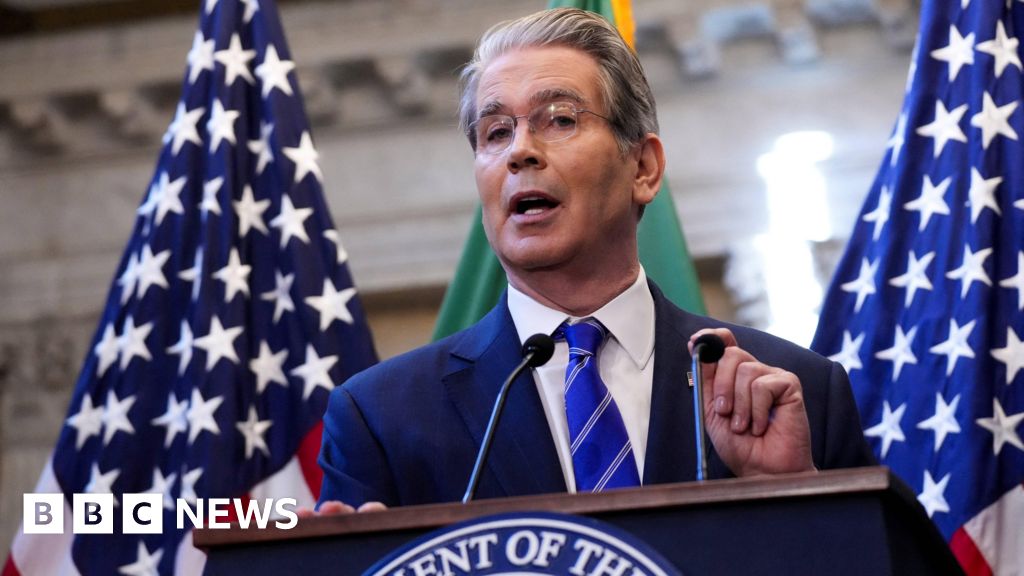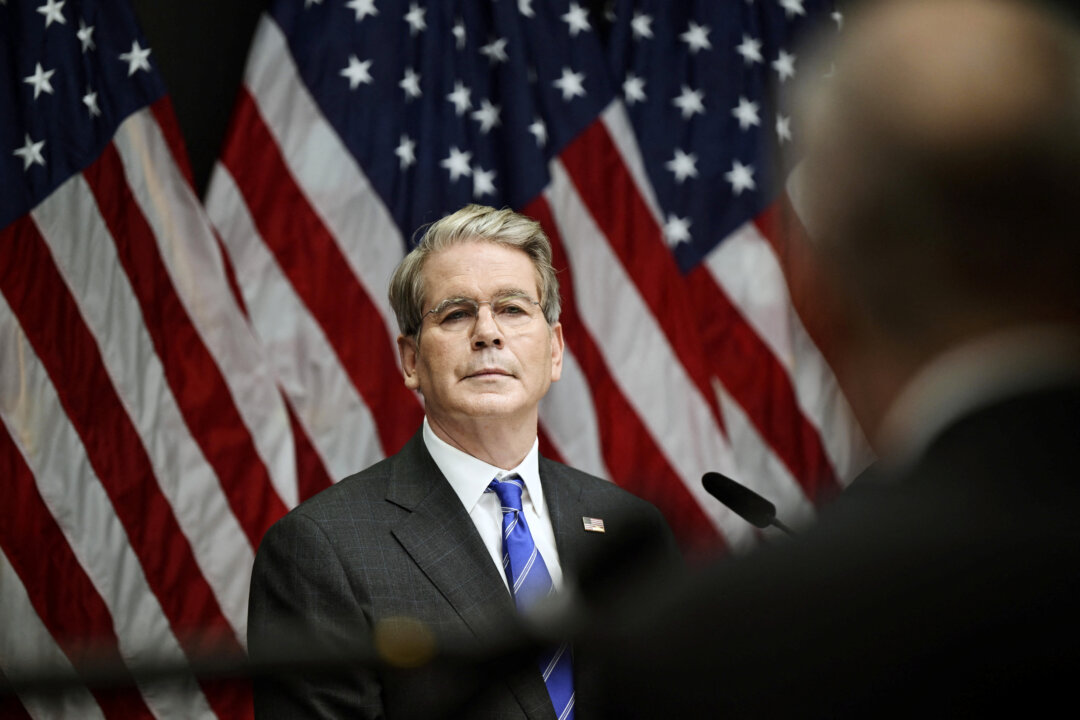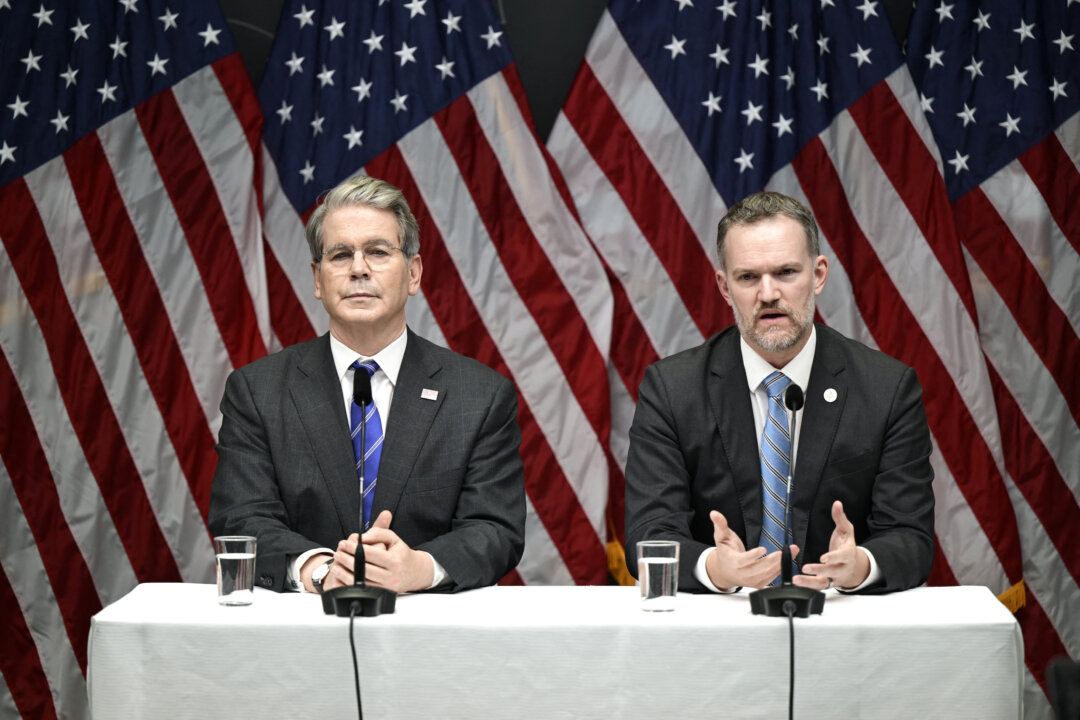Greer Discusses China's Export Controls and Future Economic Ties Amidst Trade Tensions
Greer commented on China's expanded export controls, highlighting the potential for a positive economic relationship with China despite ongoing trade tensions and global economic shifts.
Subscribe to unlock this story
We really don't like cutting you off, but you've reached your monthly limit. At just $5/month, subscriptions are how we keep this project going. Start your free 7-day trial today!
Get StartedHave an account? Sign in
Overview
- Greer provided insights into China's recent decision to expand its export controls, a move that has significant implications for global trade and supply chains.
- The discussion centered on the broader context of existing trade tensions between various nations and China, which are influencing international economic policies.
- Greer emphasized the possibility of fostering a positive economic relationship with China, suggesting avenues for cooperation despite current challenges.
- The comments addressed the dual nature of China's actions, balancing its strategic export controls with the desire for stable and beneficial trade partnerships.
- The analysis aimed to offer a balanced perspective on navigating the complexities of international trade, particularly concerning a major economic power like China.
Report issue

Read both sides in 5 minutes each day
Analysis
Center-leaning sources frame this story by emphasizing the US perspective on escalating trade tensions with China. They highlight US officials' strong condemnations of China's actions as "economic coercion" and a "power grab," portraying China as an "unreliable partner." The coverage focuses on US concerns about supply chain vulnerability and the potential for an "all-out trade war," with minimal presentation of China's rationale.
Articles (4)
Center (1)
FAQ
China's expanded export controls cover rare-earth metals and alloys, magnet and powder materials, synthetic-diamond and superhard materials, battery-related technologies, and rare-earth processing and separation technologies, including related machinery, chemicals, and technologies used to process and apply these materials.
The expanded controls pose risks of supply delays, increased costs, and export denials for companies reliant on Chinese rare-earth materials, necessitating urgent review of supply chain resilience and diversification as well as enhanced compliance programs including due diligence across the entire value chain.
China's expanded export controls aim to safeguard national security and interests by consolidating its dominance over critical materials and technologies while balancing export restrictions with maintaining stable and beneficial trade partnerships.
Controls on direct exports of Chinese-origin rare earth items became effective immediately upon the announcement on October 9, 2025, whereas rules related to items manufactured abroad containing Chinese rare earths, such as the 0.1% de minimis rule and foreign direct product mechanism, came into effect starting December 1, 2025.
Despite trade tensions and expanded export controls, there is potential for fostering positive economic relationships with China by navigating complex regulations and seeking cooperation avenues, but the restrictive measures are likely to persist, posing ongoing compliance challenges for multinational companies.
History
- This story does not have any previous versions.



